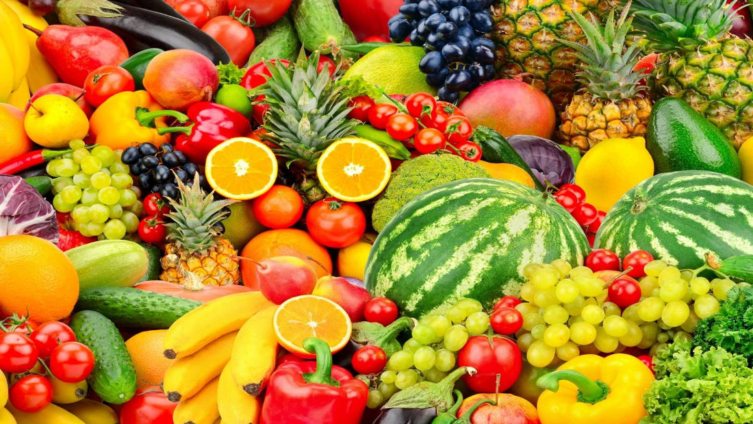Scientists at the Kwame Nkrumah University of Science and Technology are warning regular consumers of watermelon of adverse health effects from banned pesticides.
The findings published in the journal, Scientific Reports, found unacceptable levels of the pesticide residues in some of the fruits on the market in the Ashanti region.
A group of pesticides known as Organochlorine, which DDT and HCH are part of, are banned for agricultural use. However, it is being used in many developing countries.
“Organochlorine pesticides are stable and stay in the environment for a long time. Pesticides such as hexachlorocyclohexane (HCH), endosulfan and DDT have been used for agricultural purposes,” said lead scientist, Prof. Nathaniel Owusu Boadi of the Department of Chemistry.
The scientists, therefore, wanted to assess the level of organochlorine pesticide residues in fruits and to determine the potential health risks associated with the exposure to these pesticides.
For the study, they collected a total of 120 fruits comprising watermelon, bananas and pineapples from five communities in the Mampong Municipality of the Ashanti region.
The results showed that although the levels of the pesticides were undetectable in bananas and pineapples, the levels in watermelons were above the permissible limits.
They say this poses long-term risks to the consumer, especially children.
“Levels of methoxychlor, Aldrin and gamma-hexachlorocyclohexane (HCH) exceeded the maximum residue limits in watermelon.
“Estimated health risk revealed that Aldrin in watermelon could pose potential toxicity to the consumer. Estimated average daily intake for Aldrin was above the acceptable average daily intake.
“The combined health risk due to consumption of each fruit variety was minimal but, the overall health risk index due to consumption of all the fruits was higher than 1, indicating potential health risk to consumers,” the report stated.
The scientists are therefore calling for regular monitoring of pesticide residue in fruits and the appropriate actions taken to protect consumer health.
Latest Stories
-
Rising phenomenon of academic title ‘fraud’; vice chancellors back GTEC to purge system of all ‘unearned’ titles in PhD
1 hour -
Kudus keen on Tottenham move despite first bid rejected
2 hours -
How our lack of enlightenment costs us more than corruption
2 hours -
Hearts of Oak and Asante Kotoko renew rivalry in President’s Cup clash
2 hours -
WAFCON 2024: Morocco and Zambia draw opening match
2 hours -
Texas flood victims: Girl ‘having time of her life’ and ‘heart and soul’ of camp
3 hours -
Archaeologists unveil 3,500-year-old city in Peru
3 hours -
British Columbia College advocates AI at its 9th graduation ceremony
3 hours -
Two administrations, same pattern of betrayal: LI 2462 and the legacy of Ghana’s forests
3 hours -
“Making Ghana the True Black Star of the World” book launched in Bibiani
3 hours -
Cutoff points a barrier to tertiary education for poorer students – UENR Official
4 hours -
Armed robbers shoot 4 passengers on Winneba Highway, one arrested
4 hours -
Two rescued after early morning trailer crash in Asante Akim Central
4 hours -
Hitz Gallery adds spark as Dr Pounds brings new exciting segments to Hitz FM evening slot
5 hours -
Armed robber jailed 19 years for attacking pregnant woman in Ho
6 hours

